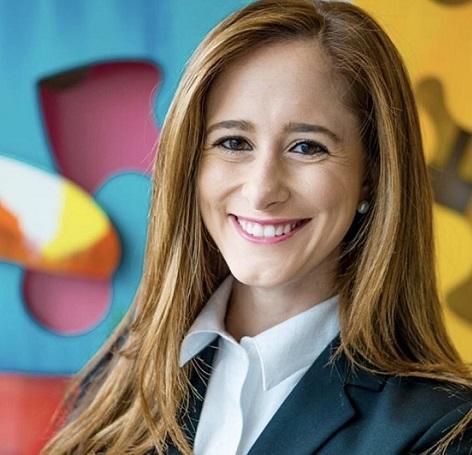
"Today, every single person holds a duty of care to act reasonably to prevent the spread of COVID-19 to family members, friends, co-workers, healthcare providers, community members, and even strangers."
March 11, 2020 marked two years, five months, three weeks and three days into my law school career. The end of my three-year journey is near. I feel it. I see the moment I press submit on my last ever five-and-a-half-hour final exam. I hear the sound my course textbook filled with my rainbow highlight system and my meticulously tabbed outline make as they close indefinitely. I envision myself walking out of the Rutgers Law School doors, crossing the Newark, New Jersey streets, and smiling as I enter the local landmark pub, McGovern’s Tavern, to celebrate because graduation is just around the corner.
However, that graduation celebration is, like most daily activities, on indefinite hold. As the spread of COVID-19 grew into a global pandemic, Rutgers University—like universities, employers, politicians, hospitals and families—now faced tough decisions on how to adequately and diligently promote public safety. Rutgers Law School fluidly transitioned to online classes for the remainder of the academic year, implemented a mandatory pass/fail grading system, and suspended the graduation ceremony. March 11 was the last time I—like millions of students around the country and the world—sat amongst my classmates and friends with privileges to effortlessly ask professors in person questions and participate in opinionated discussions. Just like that, law school as I knew it was over.
Throughout law school professors taught us legal precedent—rules that guide courts in how to decide similar issues. But as I listen to multiple news channels, I now hear the word in an entirely different context: COVID-19 is an unprecedented virus. As I heard this term, I innately knew what it meant—we have never seen or heard of something like this before.
Another frequent law school term—duty—has also taken on new meaning in emergency legislation, executive orders, and social norms. New Jersey Governor Phil Murphy’s Stay at Home Order mandates: “It shall be the duty of every person . . . . in this State . . . . to cooperate fully.” As a New Jersey native reading this Order, I asked myself: but which duty applies to an unprecedented, invisible virus?
Under the common law, the duty of care obligates a person to act reasonably to prevent foreseeable danger to another person. To determine whether a person meets this duty, courts in civil negligence cases ask: what would a reasonably prudent person do in similar circumstances?
Today, every single person holds a duty of care to act reasonably to prevent the spread of COVID-19 to family members, friends, co-workers, healthcare providers, community members, and even strangers. We are all, or should be, a potential defendant subject to the reasonably prudent person standard of care. Failure to act reasonably during this global pandemic is negligence.
The virus’ superpower, its invisibility, makes satisfying your duty of care more challenging because it lives undetected on surfaces and incubates silently inside people spanning days before symptoms appear. Luckily, the CDC guides us by urging every person to: remain home as much as possible, avoid social gatherings and discretionary travel, maintain social distancing, and practice good hygiene, such as frequent handwashing and disinfecting surfaces. In short, keep your germs to yourself.
Although the majority of Americans are practicing these lifesaving guidelines, unfortunately, it takes just a few individuals, whom I’ll call negligent defendants, to fuel the pandemic and further endanger others. Some people negligently continue to engage in group social activities like “coronavirus parties” and large wedding ceremonies, some employers require non-essential employees to continue traveling and working physically in the office, and some non-essential employees continue to work with others while experiencing viral symptoms. Even more disturbing, a few spiteful consumers purposely spit on fruits and vegetables in grocery stores or purposely cough on check-out clerks.
I urge these negligent defendants to join the rest of us in dramatically changing their behavior in the coming weeks because our actions affect many innocent lives. Do it for the essential employees—from healthcare providers to first responders to manufacturers and deliverers of essential products—whose heroism and selflessness keep this world in progress and its people alive. Do it to protect people who are immunocompromised and the elderly. Do it so most of us eventually will have an opportunity to return to our pre-pandemic lives. Do it because the dangers of this invisible enemy are larger than any one of us alone and together we must restore life, economic activity, and morale. Just do it.
